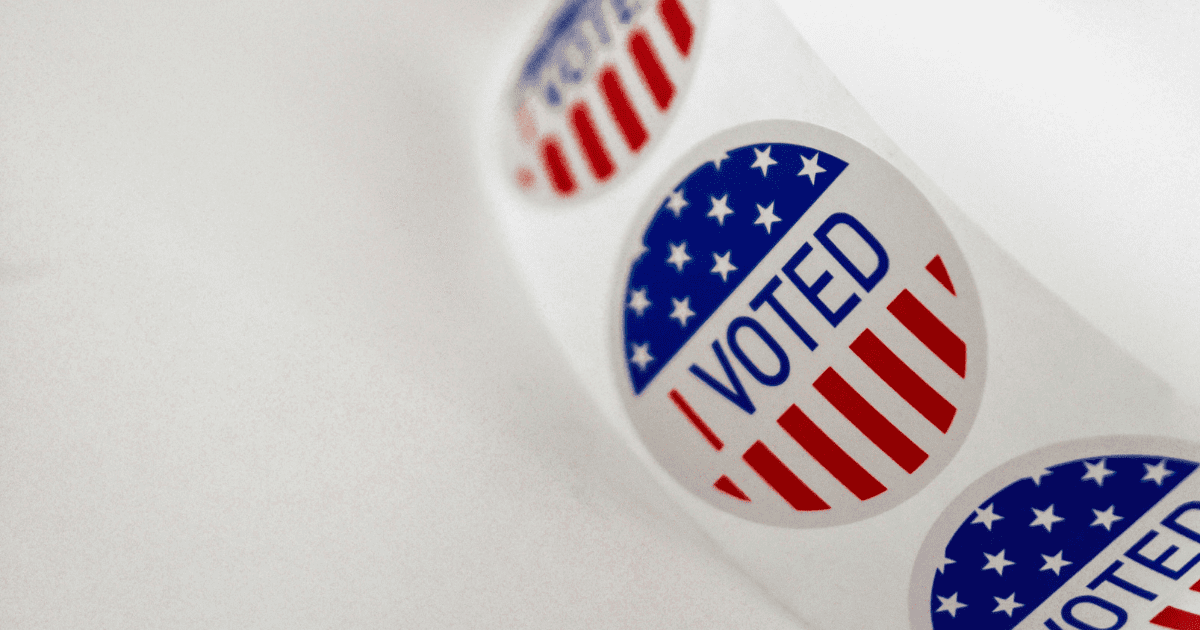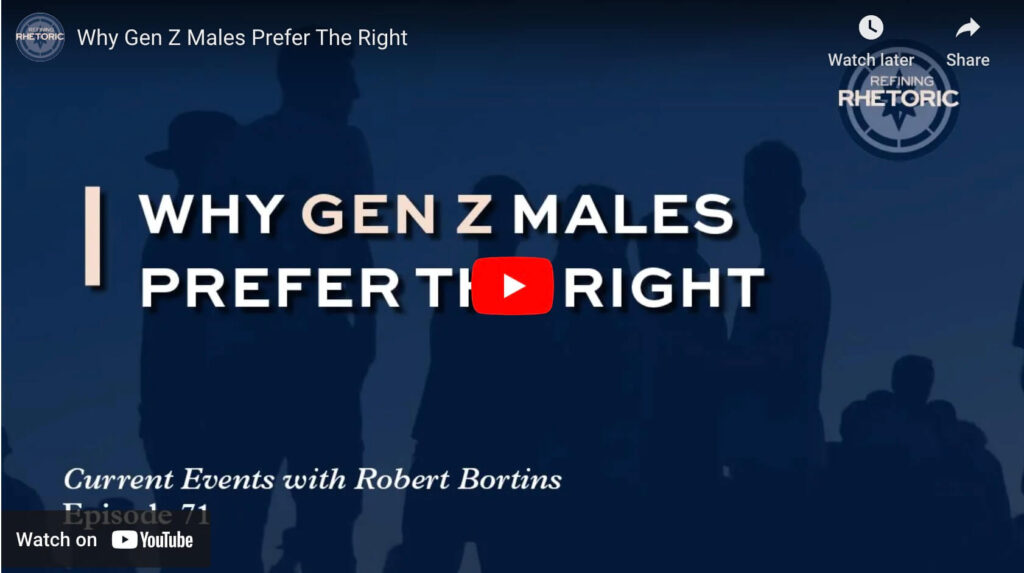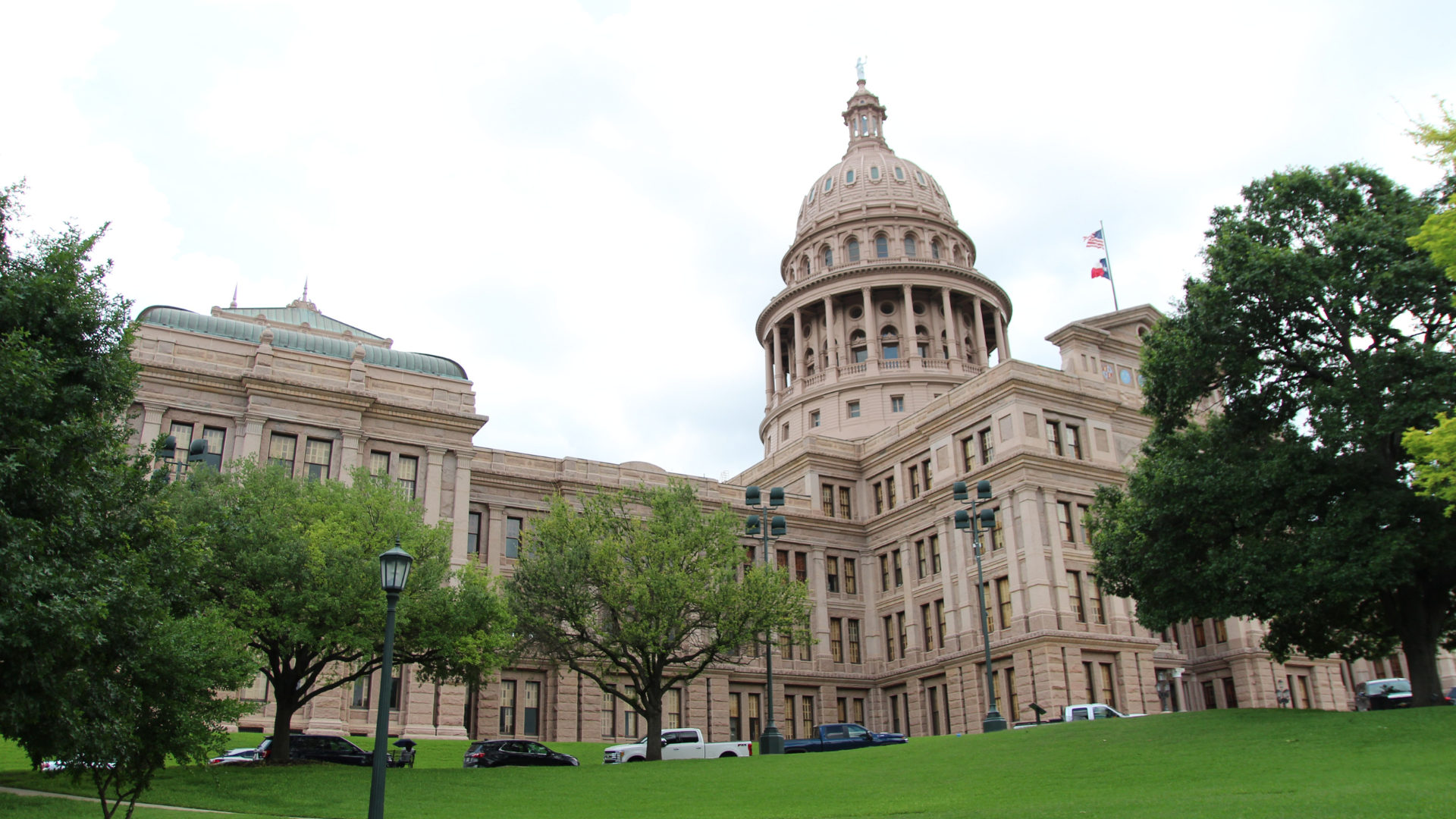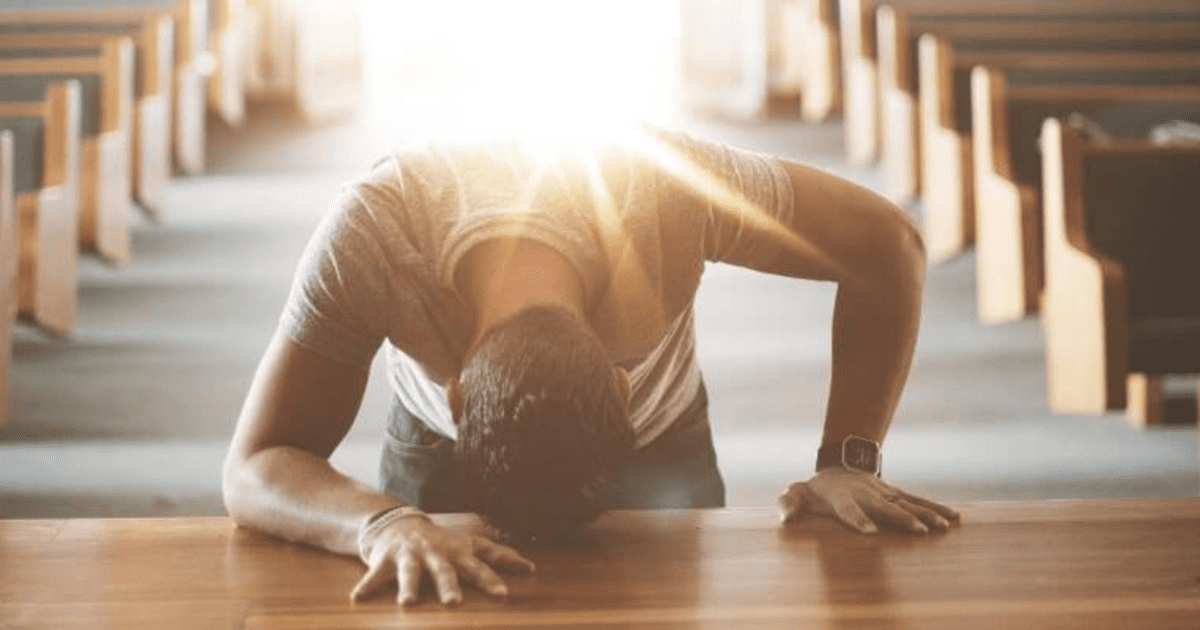by Elise DeYoung
Every four years, Americans gather at the ballot box to voice support for our desired presidential candidate. Sadly, in recent decades, this exercise of our republic has been intensely polarized due to political unrest and institutional distrust. This is a serious problem because the “government of the people, by the people, for the people…” [1] cannot stand if we, the people, don’t trust our representatives or the system that elected them.
So, it is vital that, regardless of who you vote for, we all find a common ground of trust in the election system, which Samuel Adams once called “one of the most solemn trusts in human society.”
The most fundamental aspect of trust is understanding. You do not trust someone you do not know; likewise, it is difficult to trust a system of government that you do not understand. Americans must fulfill their responsibility to know how the presidential election works and realize why the founding fathers ordered it as they did.
The presidential election is divided into two main stages: the primary and the general elections. These elections are similar in their structure (the campaign, the people’s vote, and the delegates’ or electors’ vote) but are very different in their methods. This article will explore the first stage of the election, the primary.
The Process of the Primary
During the primary, presidential candidates fight to become their party’s nominee for the general election. It is a ruthless cycle of endorsements, eliminations, and elections, and it is easiest to understand this process in three stages or “rounds.”
- The Campaign Trail
- Primary Vote and Caucuses
- The National Convention
The Campaign Trail
Round one of the primary—the campaign trail—usually starts at the beginning of the election year. This primary stage is when candidates promote their political intentions, their reasons for running, and their public image to voters and sponsors.
During the campaign trail, candidates will give speeches, air campaign ads, do interviews, kiss babies, and talk about their favorite ice cream.
While this process can seem trivial to the average voter, it is a brutal battle for the candidates fighting to gain public and financial support to sustain their campaign through inauguration day.
The candidates, who have established a public image and a potential path to victory, are then pitted against each other in debates and the polls. This happens so that each candidate can attempt to persuade the voters and sponsors to support them—not the other guy.
These debates force many candidates to drop out of the race before voting even takes place, as they lose support to their more popular competitors. Once this occurs, the remaining candidates turn their attention to the vote.
Primary Vote and Caucuses
There are two methods by which states conduct voting in round two of the primary. Some states use a primary vote, and others host caucus events.
The primary vote is similar to the general election. With this method, voters individually go to their designated voting location to cast their ballot.
On the other hand, the caucus method is much more public and involved. A caucus is an event held by the state’s party, where members of that party gather to persuade others to their candidate publicly and cast their votes at the end of the night.
Interestingly, caucuses were historically the main voting method in the United States until the 20th century when states decided that the primary voting system would be “fairer” and “more democratic.”
It is easy to recognize the vast differences between these methods.
- Primary voting is individualistic
- Caucuses are communal
- Primary voting allows you to ignore other opinions and opposing arguments
- Caucuses require you to engage with different sides of the political debate and defend your candidate
Another distinction is that the state government runs primary voting, while the political party runs the caucus event.
Primary voting can be open, semi-closed, or closed, depending on your state. In an open primary, voters registered with any party can vote for any political party candidate. Semi-closed means that registered voters can only vote for the party they are registered to; however, independents can choose whichever party they wish to cast their vote to. A closed primary means that each voter must vote for a candidate in their registered party.
Closed caucuses require you to register for the party you will vote for ahead of the caucus.
Common Misconception about the Primary
We must now address a significant misconception about the American presidential primary. Some people believe that when they vote in the primary, they vote directly for the candidate they choose. However, this is not the case. The people do not nominate the candidate; the party does.
When you vote in the primary, you are not voting to nominate the candidate; you are actually voting to award your candidate the delegates of your party, who will be the ones to nominate someone at the National Convention, which is round three of the primary.
The National Convention
Simply put, each state has delegates for both Democrats and Republicans, and candidates earn delegates based on the results of the people’s vote. The method of distribution depends on the state’s election laws. Some states reward the candidate with the majority vote with all the delegates, while others divide them based on percentage.
This process is different in each state, so I recommend researching how your specific state awards candidates with delegates.
One thing that is standard across the board is that for each party, some delegates must vote in alignment with the result of the people’s vote in their state, while others may vote for whomever they see fit. Democrats call restricted delegates “pledged” delegates, and Republicans call them “bound” delegates. Those who are not restricted to the results of their voter’s primary are “unpledged” according to Democrats or “unbound” according to Republican delegates.
In addition to these titles, many other distinctions exist between how the Democrats and Republicans run their conventions. Learn more about the Democratic method and the Republican procedure.
No matter how your state and party conduct the specifics of the delegate’s role, at the National Convention, each delegate votes for their party’s nominee, and at the end of the night, the nominee is announced.
The Founder’s Concern & The Power of the Primary
All these different steps and complicated methods beg the question, why not just establish the simpler method of a nationwide popular vote?
“The people is a great beast.” —Alexander Hamilton
The founders rightly feared the tyranny of the majority in a government of the people, by the people, for the people. Alexander Hamilton famously said, “The people is a great beast.” They knew it was easy to convince large swathes of a population to support the most exciting politician in the room, but that politician wasn’t always fit for the Oval Office. Just take a moment to consider that Adolf Hitler was a fan favorite among the German population when he was appointed as chancellor in 1933.
So, in their wisdom and foresight, the founding fathers established what could be considered “indirect elections.” They created a system where the power of the elections is held by each state rather than being centralized in the federal government, where the people have their voices heard and taken into account without the majority overpowering the minority, and ultimately, where trusted and educated delegates and electors stand between the people, the federal government, and the White House.
Vote!
“On average, the primary turnout rate for all these states combined was 27%, while the general election turnout was 60.5%. This means that less than half of the voters that cast a ballot in the general election turned out for the primary.” [2]
These numbers are very disheartening because it means that Americans have forgotten the power of the primary.
We must engage in our elections because they are the bedrock of our republic. So now that we understand how the primary works and why the founders established it the way they did, let us vote so that “government of the people, by the people, for the people shall not perish from the earth.” [3]
Not only must we engage in our elections, but we must pray for and communicate with our elected officials regularly. Here are some resources for you.
Read other blogs written by Elise here.

Elise DeYoung is a Public Relations and Communications Associate and a Classical Conversations graduate. With CC, she strives to know God and make Him known in all aspects of her life. She is a servant of Christ, an avid reader, and a professional nap-taker. As she continues her journey towards the Celestial City, she is determined to gain wisdom and understanding wherever it can be found. Soli Deo gloria!
[1] Lincoln, A. (1863, November 19). The Gettysburg Address [Speech]. https://www.abrahamlincolnonline.org/lincoln/speeches/gettysburg.htm
[2] (2022, July 28). Turnout in Primaries vs General Elections since 2000. States United Action. Retrieved January 30, 2024, from https://statesuniteddemocracy.org/wp-content/uploads/2022/07/historic_turnout.html#Overview
[3] Lincoln, A. (1863, November 19). The Gettysburg Address [Speech]. https://www.abrahamlincolnonline.org/lincoln/speeches/gettysburg.htm
















